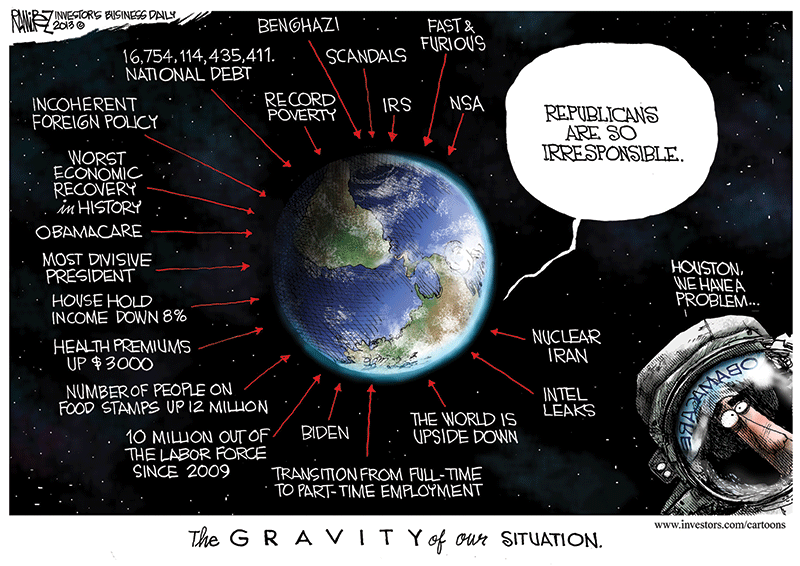Excellent blog, www.oftwominds.com, on current issues. Read the article on why China’s Yuan can’t easily become the world’s reserve currency. Yes, the dollar is under pressure, but no viable alternatives exist–for now.
The Difficult Escape from Student Loan Debt-Serfdom
October 17, 2013
Are We Approaching Peak Retirement?
October 15, 2013
The Impossibility of China Issuing a Reserve Currency **** must read!
October 14, 2013
Have We Reached Peak Entitlements?
October 11, 2013
Obama Administration Proposes 2,300-Page “New Constitution”
October 10, 2013
It’s Definitive: We’ve Reached Peak Jobs
(October 8, 2013)
The (Needed) Revolution Emerging in Higher Education
(October 7, 2013)
Five Goals for the Era Ahead
(October 5, 2013)
Have We Reached Peak Federal Reserve?
(October 4, 2013)
The Shutdown Political Game: Inflict Maximum Pain to Score Cheap Points
(October 3, 2013)
Have We Reached Peak Government?
(October 2, 2013)
One More “The Status Quo Is Saved” Rally and Then…?
(October 1, 2013)
Trapped in Net/Nets
The danger of even net/net, “cheap” stocks or camouflaged value traps.
Barron’s Sept. 19, 2011.
James Grant: I invested in Japanese value stocks, and had occasions to regret over and over on the reluctance of the Japanese to admit error and re-price. Companies that deserved bankruptcy would often not be allowed to meet their just deserts, but were carried on the back of banks that themselves had no true claim to solvency but were supported by the government. Capitalism is not just about success–that is the easy part. It is also about failure, recognizing it, dealing with it, liquidating it, properly pricing it. The Japanese have been unable to do that, and this characteristic was on display in the 1920s as well, so I take this to be a salient Japanese trait.
You were a great believer in Japanese equities. What happened?
With my friend Alex Porter, I was a general partner in Nippon Partners from 1998 through the end of 2010. We invested in Japanese value stocks. We closed it in December of 2010, because we weren’t making money, and it was immensely frustrating. Japanese corporate managers, by and large, don’t own equity. They have a platonic interest in the stock price. In the absence of a lively market for corporate control, there is no check on management doing nothing. In 1998 we began investing in companies whose shares are trading well below their pro-rata share of net cash on the balance sheets. In this country, in 1974, 1975, there were a lot of companies like that they did rather well in the 1970s and the 1980s. But in Japan, many (companies like these) remained at these compelling valuations for year upon year upon year. You get tired. The last straw was when one of our companies was selling at a huge discount to everything, and announced that it would undertake a capital investment larger than its stock-market capitalization.


5 responses to “The Gravity of Our Situation; the DANGER of Net/Nets”